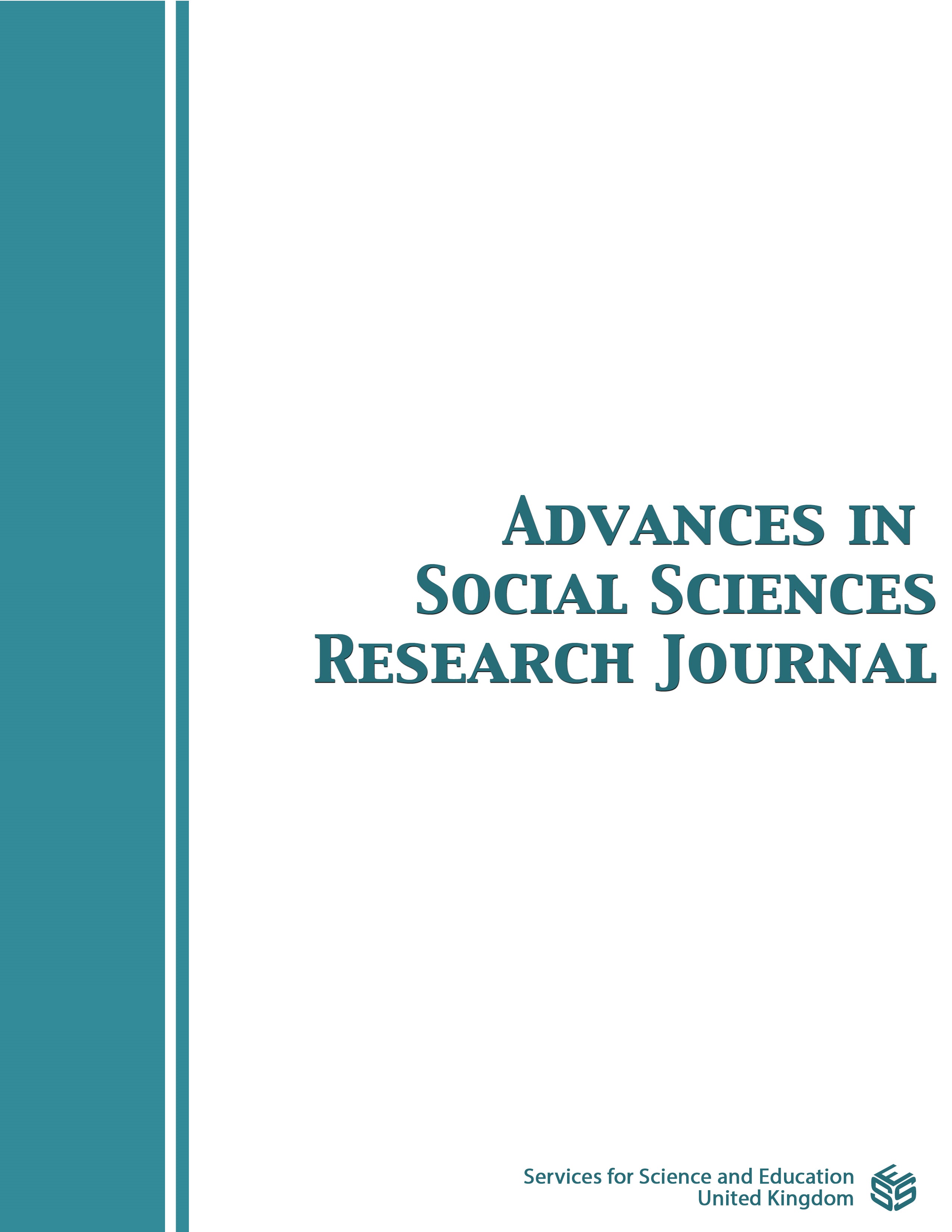Early Stimulation Influences the Development of a Child Between 0 and 3 Years of Age, in a Vulnerable Social Structure
DOI:
https://doi.org/10.14738/assrj.811.11185Keywords:
Special Educational Needs, stimulation, development.Abstract
The presence of Special Educational Needs (SEN) in students inserted in the school system has been a theme in which many areas of knowledge have tried to investigate. The psychological theory suggests that newborns begin their development starting from a similar basis, and that the different types of stimulation and the brain's ability to adapt to different episodes can be a determining factor in the development of skills and abilities. It is also considered that the family environment is the closest circle and with which the infants have the most contact in this period, therefore, the impact that the stimulation delivered by these people has on the adequate development of the cognitive, psychomotor and of a child's language, could be related to the presence of SEN and its subsequent consequences in the pedagogical and psychopedagogical areas when they enter the school system.
The present work aims to identify stimulation styles to favor the integral development of children up to three years of age.
Downloads
Published
How to Cite
Issue
Section
License
Copyright (c) 2021 José Manuel Salum Tomé

This work is licensed under a Creative Commons Attribution 4.0 International License.
Authors wishing to include figures, tables, or text passages that have already been published elsewhere are required to obtain permission from the copyright owner(s) for both the print and online format and to include evidence that such permission has been granted when submitting their papers. Any material received without such evidence will be assumed to originate from the authors.






